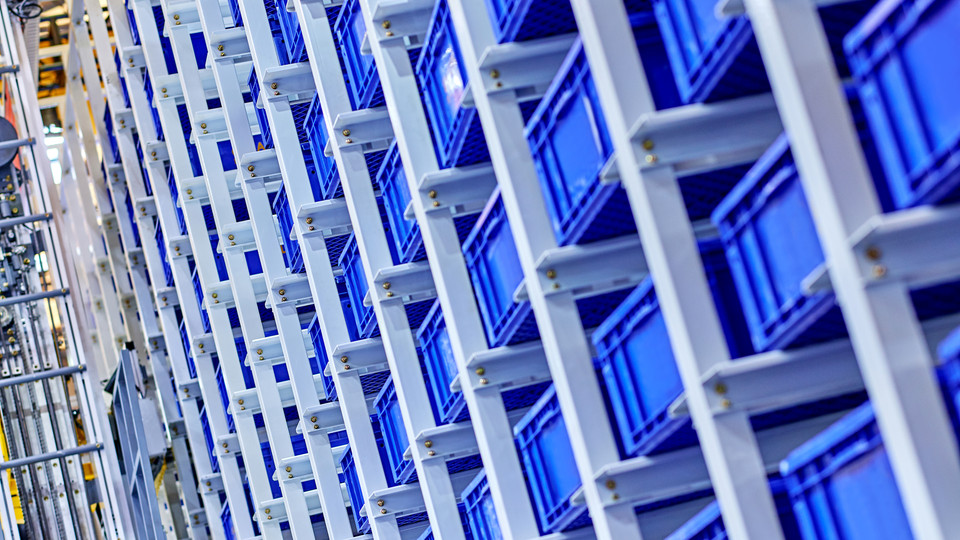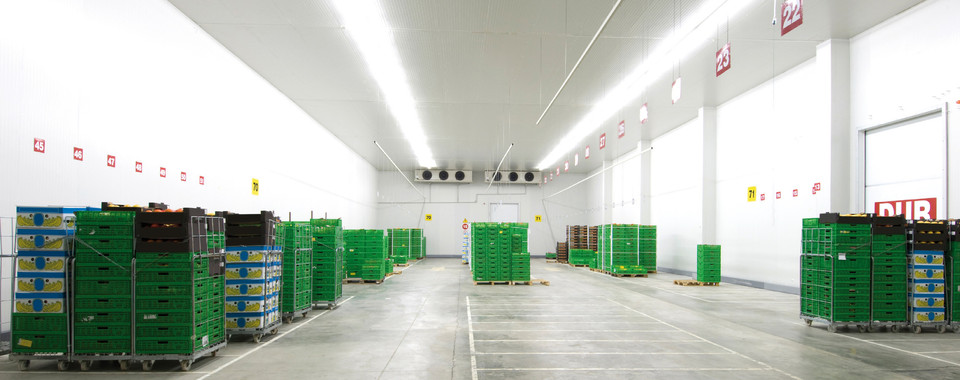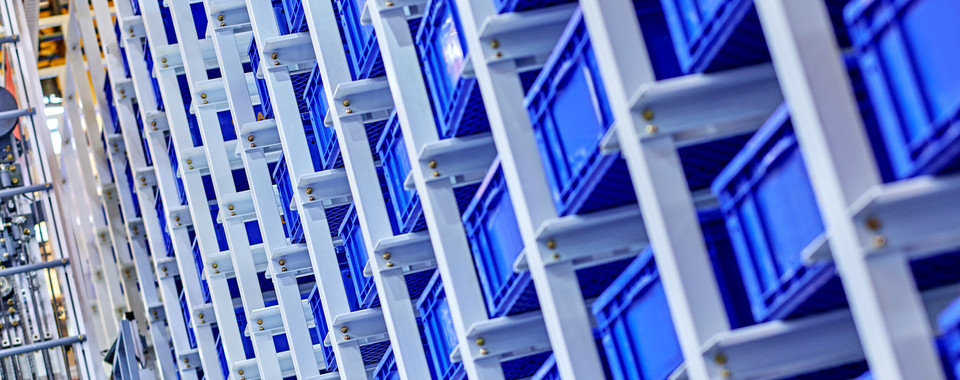In today’s supply chain, containers play a central role. There are countless types: small load carriers, pallets, mesh boxes, special load carriers, and many more. They all have one thing in common: without them, no component, product, or material will ever reach its destination. All the more surprising, then, that systems so essential to supply chains are often neglected in practice.
Definition: What is load carrier Management?
Load carrier management refers to the systematic control, tracking, and optimization of all processes related to load carriers in logistics. The goal is to ensure that the right load carriers are available at the right time and in the right place – as efficiently and resource-conserving as possible.
Without a professional system in place, significant losses can quickly occur: transparency regarding inventory, shrinkage, and circulation is lost.
Objectives of load carrier Management
A professional load carrier management system pursues several technical, operational, and economic objectives:
- Availability: Avoid missing load carriers and prevent production interruptions
- Loss reduction: Minimize shrinkage and booking errors
- Inventory optimization: Control circulation and reduce excess stock
- Automation: Digitize standard processes, eliminate sources of error, and increase efficiency
- Sustainability: Extend life cycles, reduce empty runs, and cut emissions
Ultimately, the overarching goal is economic success. Fewer new acquisitions, lower process costs, and time savings can generate enormous financial benefits.
Global Supply Chains Meet “Paperwork”
Many companies still rely on Excel spreadsheets or simple control systems. On a small scale, that might work – but as complexity grows, so does the risk.
Typical problem areas in practice:
- Shrinkage & Losses
In open or semi-open loops, containers often disappear. Causes range from booking errors and long storage times to unclear responsibilities. - Overstock & Tied-up Capital
Out of fear of shortages, companies often acquire more containers than necessary. This ties up capital, blocks storage space, and slows down circulation. Key resources remain unused. - Lack of Transparency
Without a central system, the location of individual containers often remains unclear. The result: inquiries, repeated coordination, and delays – in the worst case, with consequences for the entire supply chain. - High Manual Effort
Despite complex global supply chains, many companies still rely on Excel or even paper. This “paper-based approach” leads to errors, information loss, inefficiency, and ultimately rising costs.
The consequences are severe: losses can quickly add up to six or even seven figures per year – not only due to new acquisitions, but also through production downtimes, unnecessary transports, and tied-up capital.
Intelligent load carrier Management as the Next Level
The next stage of development is intelligent container management. Many systems stop at reporting – they simply show where containers are located. The real value, however, lies in optimization.
This is exactly where SYNCROTESS takes the next step: based on collected data, the solution optimizes processes, forecasts demand, determines the exact container requirements, and adjusts plans within minutes. This enables companies to respond flexibly to unforeseen events.
The difference from simple booking systems is clear: only intelligent solutions unlock the true potential of container management – with enormous leverage for efficiency and profitability.
Conclusion
With rising material costs and increasing pressure for sustainability, load carrier management can no longer be underestimated. With the right strategy, it shifts from a risk factor to a strategic advantage. Companies that invest early in structured processes and digital solutions can:
- Reduce shrinkage and losses
- Lower tied-up capital
- Increase utilization
- Automate processes
- Meet sustainability and compliance requirements
This creates the foundation for an efficient, flexible, and reliable supply chain. Professional container management is therefore not a “nice-to-have,” but a decisive success factor for every logistics company.







